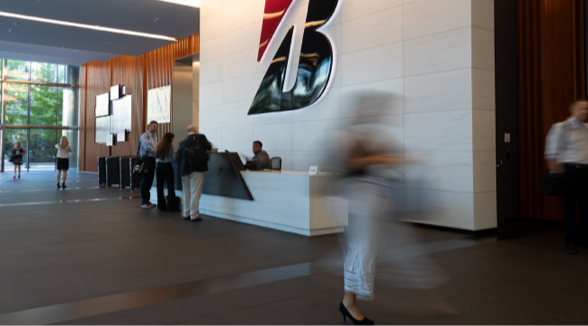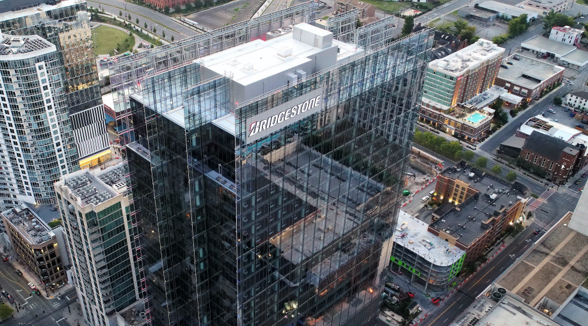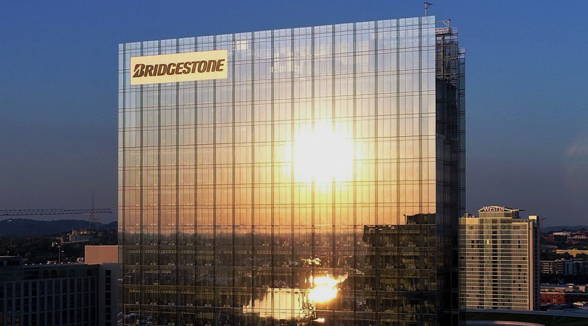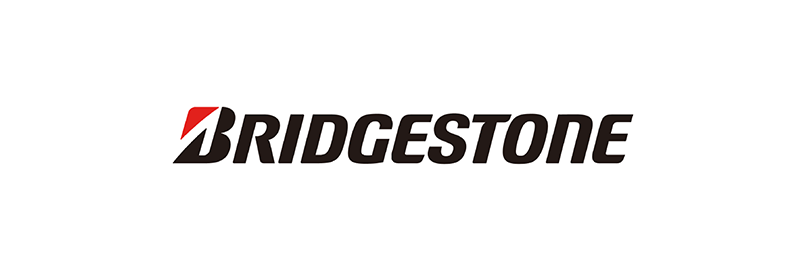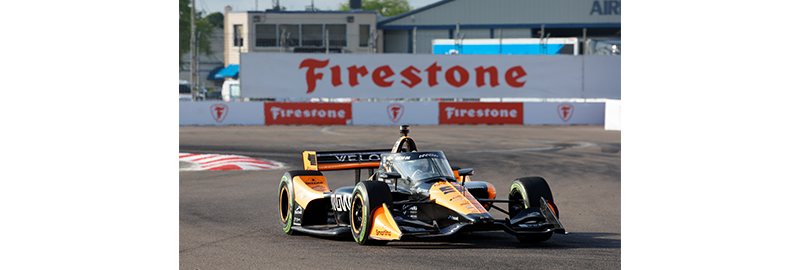Bridgestone Americas (Bridgestone) announced its Firestone Polymer Engineering Pilot Center (PEPC) in Akron, Ohio, has earned the International Sustainability and Carbon Certification (ISCC) PLUS recognition for its transparency and traceability of sustainable raw materials including bio, bio-circular and circular-based material to replace synthetic rubber in its transition to a circular economy.
“Transparency and traceability are core elements to the success of our company’s sustainability journey and this ISCC PLUS certification demonstrates the progress we’re making to deliver sustainable synthetic rubber made with bio-sourced and recycled materials*” said Nizar Trigui, Chief Technology Officer & Group President, Bridgestone Americas. “We are reimagining the ways we design and develop products that contribute to a more sustainable mobility future and that includes pioneering changes to the processes at our manufacturing facilities to support material circularity.”
A longtime leader in polymer technology, this year marks the 80th anniversary of the start of synthetic rubber production by Bridgestone in Akron, Ohio. The Polymer Engineering and Pilot Center is part of the Bridgestone Americas Technology Center in Akron, which is the hub of all innovation, research and product development for the Bridgestone business in the Americas region.
Bridgestone’s expertise in polymer development for synthetic rubber production is an essential element of the company’s ability to deliver on its 2050 sustainability commitments of carbon neutrality and tires made with 100% renewable materials. Bridgestone also continues to advance its R&D initiative aimed at diversifying the world’s natural rubber supply by commercializing use of guayule natural rubber in tires by 2030.
The ISSC PLUS certification of PEPC supports the “Ecology” and “Energy” values of the Bridgestone E8 Commitment, which establishes eight values starting with the letter “E” to solidify Bridgestone’s commitment to a more sustainable world.
For more company news, visit BridgestoneAmericas.com.
*The bio- based and recycled content of the synthetic rubber is allocated using the ISCC PLUS mass balance approach. With respect to sustainable materials handled by the certified site, the annex to the ISCC certificate provides additional information and states that it is only applicable for material handled under the scopes: farm/plantation, point of origin, central office, (farm/plantation or point of origin) first gathering point, processing unit (any type) but not for material that is only traded and/or stored). Mass balancing is a chain of custody option in which certified and non-certified materials are mixed physically but kept separate in the bookkeeping. This method is used to document and track biological, circular and renewable materials through complex manufacturing systems. By using mass balance, certified entities can track how much sustainable material has been used in their manufacturing systems and ensure that it corresponds exactly to the amount of certified content in the end products. Specific information about the ISCC certification is available at: All Certificates › ISCC System (iscc-system.org)




